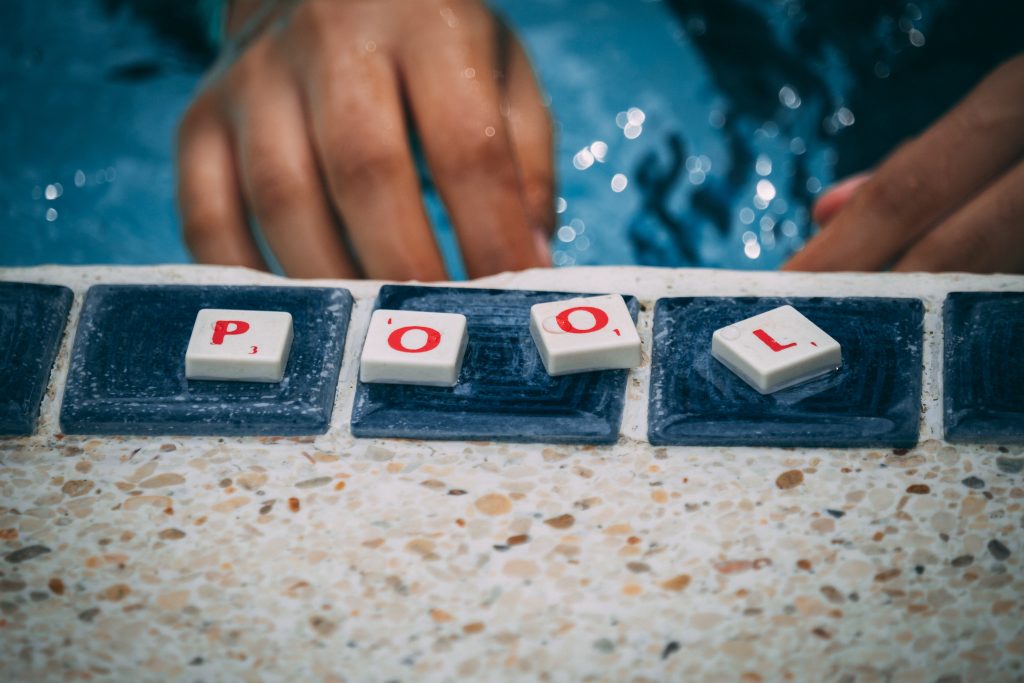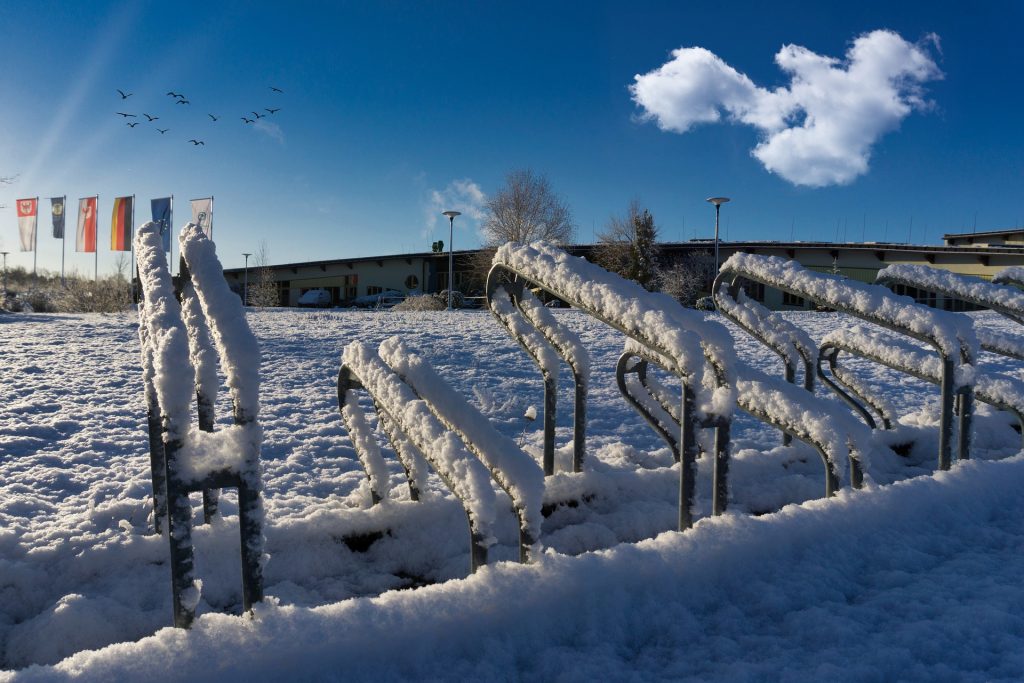When pool owners build or remodel their pool, they take into account size, shape, activities, accessories, and, more recently, water sanitation methods. The two most common types of pool sanitation are saltwater and chlorine. But what are the differences, and why do they matter? Continue reading to find out.
Differences Between Saltwater and Chlorine
In saltwater pools, electrolysis creates chlorine thanks to pool-grade salt and a chlorine generator. The salty water passes through two electrically-charged plates, which then get converted to chlorine. While chlorine is still present in the pool, the process is different from a traditional chlorine pool.
On the other hand, chlorine pools must be tested and balanced with liquid or tablet chlorine. Additionally, pH and calcium hardness must be sampled and adjusted.
While each pool is sanitized with the same chemical, saltwater pools create fewer chloramines, contributing to the smell and feel of traditional chlorine pools.
The Centers for Disease Control and Prevention (CDC) claims that chloramines are “a type of combined chlorine that form in water,” and emit gas into the surrounding air, causing that typical chlorine smell, eye redness, and lung irritation.
Saltwater Benefits
- Everyday operations are cheaper, with an entire summer supply of salt costing roughly $25, and chlorine $165
- Gentler on skin, eyes, hair, swimsuits, etc.
- No chemical chlorine smell
Chlorine Benefits
- More cost-effective to keep a traditional chlorine pool if it already exists; converting to saltwater can cost roughly $3,000 or more
- The pool still works on cold days
Saltwater Disadvantages
- Pool can deteriorate more quickly due to salt erosion
- Salt chlorine generators require more maintenance
- Chlorine will not be produced in water cooler than 60 degrees
Chlorine Disadvantages
- Chlorine can cause dry skin, red eyes, bleached swimwear, irritated noses, throat, lungs, etc.
- Chemicals cost more than pool grade salt
- Chloramines produce a strong chemical smell, especially indoors
Pound Pool Plastering offers free estimates and complete pool renovations. Dale Pound, owner, personally oversees each pool project to ensure the highest quality is delivered. We offer Diamond Brite, Sunstone, Hydrazzo, Marcite, Bead Crete, tile choices, coping stones, etc. We are pool renovation experts – contact us today at 248-476-4544 or poundpool@sbcglobal.net.
Written by the digital marketing team at Creative Programs & Systems: www.cpsmi.com

